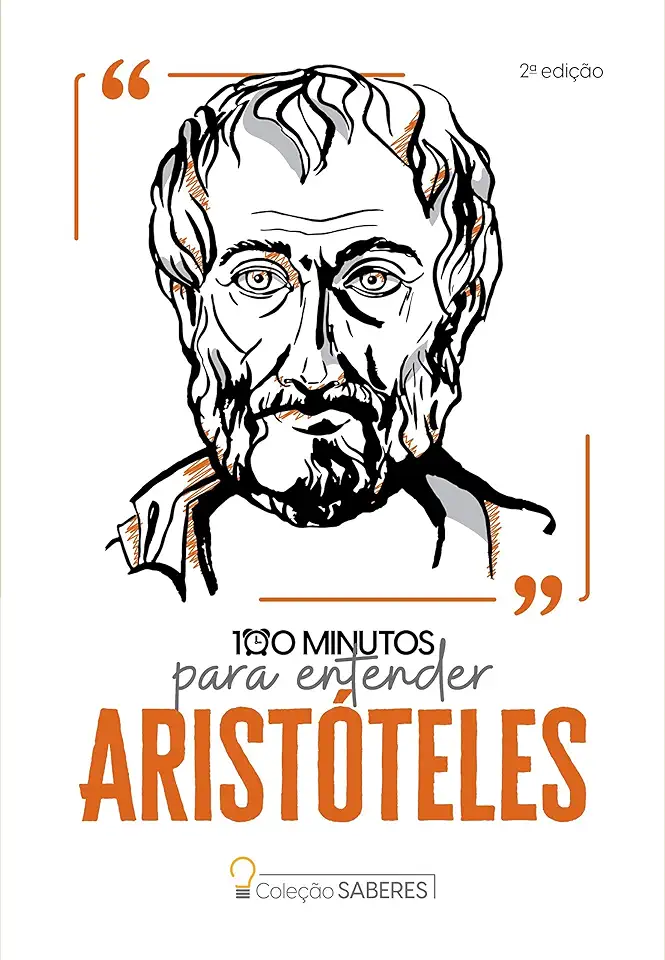
Collection Knowledges - 100 minutes to understand Aristotle - Astral Cultural
Collection Knowledges - 100 minutes to understand Aristotle - Astral Cultural
Introduction
Aristotle, one of the greatest philosophers of all time, has left an indelible mark on Western thought. His ideas have shaped our understanding of the world and continue to be studied and debated today.
In this book, you will gain a comprehensive understanding of Aristotle's philosophy in just 100 minutes. We will explore his key ideas, including his theory of the four causes, his concept of virtue, and his political thought.
Aristotle's Life and Times
Aristotle was born in 384 BC in Stagira, Greece. He studied at the Academy in Athens under Plato, and later became the tutor of Alexander the Great. After Alexander's death, Aristotle returned to Athens and founded his own school, the Lyceum.
Aristotle was a prolific writer, and his works cover a wide range of topics, including logic, metaphysics, ethics, politics, and natural science. He is considered to be one of the most influential philosophers of all time, and his ideas have had a profound impact on Western thought.
Aristotle's Philosophy
Aristotle's philosophy is based on the idea that the world is made up of substances that are constantly changing. He argued that everything in the world is composed of four causes:
- Material cause: The matter that something is made of.
- Formal cause: The shape or structure of something.
- Efficient cause: The agent that makes something happen.
- Final cause: The purpose or goal of something.
Aristotle also believed that the world is governed by natural laws, and that these laws can be discovered through observation and reason. He argued that the best way to understand the world is to study it objectively and systematically.
Aristotle's Ethics
Aristotle's ethics is based on the idea that the goal of human life is happiness. He argued that happiness is achieved through living a virtuous life. Virtues are qualities of character that enable us to live in accordance with our nature.
Aristotle identified a number of virtues, including courage, temperance, justice, and wisdom. He argued that these virtues are essential for living a good and happy life.
Aristotle's Politics
Aristotle's politics is based on the idea that the best form of government is a mixed constitution. A mixed constitution is a government that combines elements of monarchy, aristocracy, and democracy.
Aristotle argued that a mixed constitution is the best way to ensure that the interests of all citizens are protected. He also argued that the best way to maintain a stable and prosperous society is to have a strong middle class.
Conclusion
Aristotle's philosophy is a vast and complex body of thought. In this book, we have only scratched the surface of his ideas. However, we hope that we have given you a taste of his genius and inspired you to learn more about him.
Aristotle is one of the most important philosophers of all time, and his ideas continue to be relevant today. If you are interested in learning more about the world, we encourage you to read Aristotle's works.
Enjoyed the summary? Discover all the details and take your reading to the next level — [click here to view the book on Amazon!]